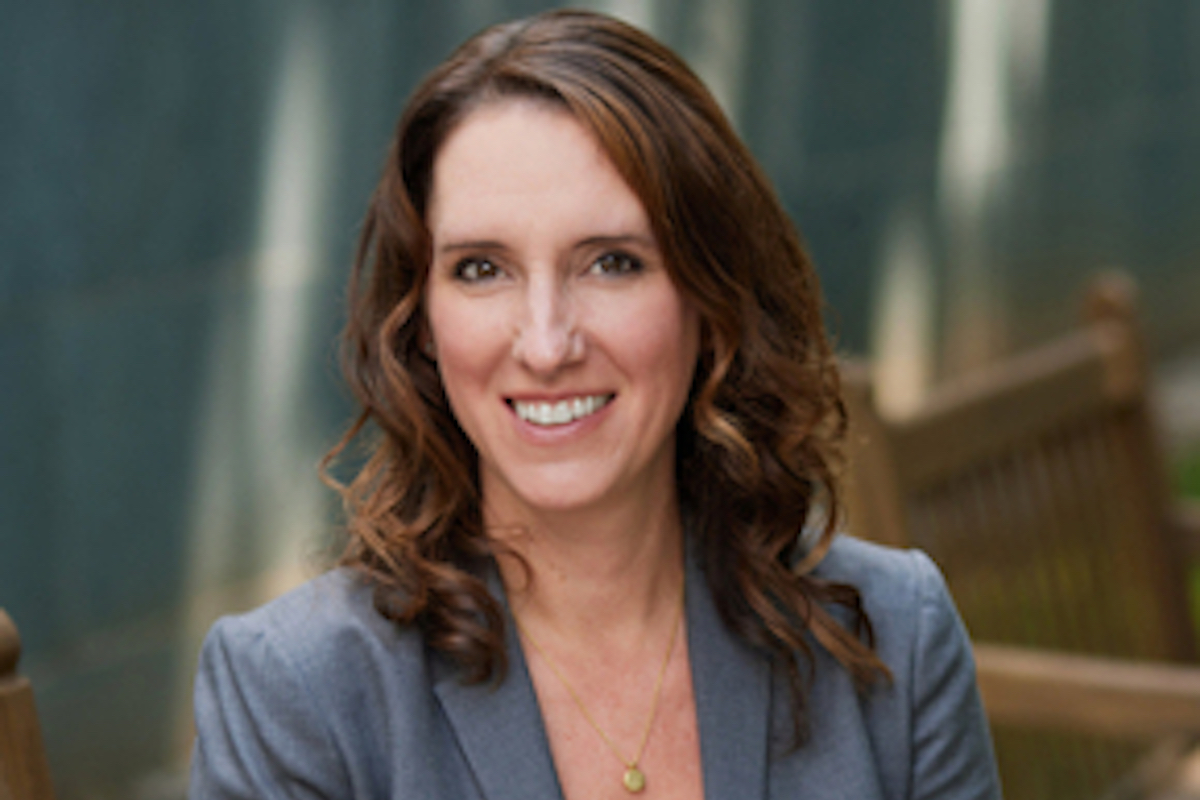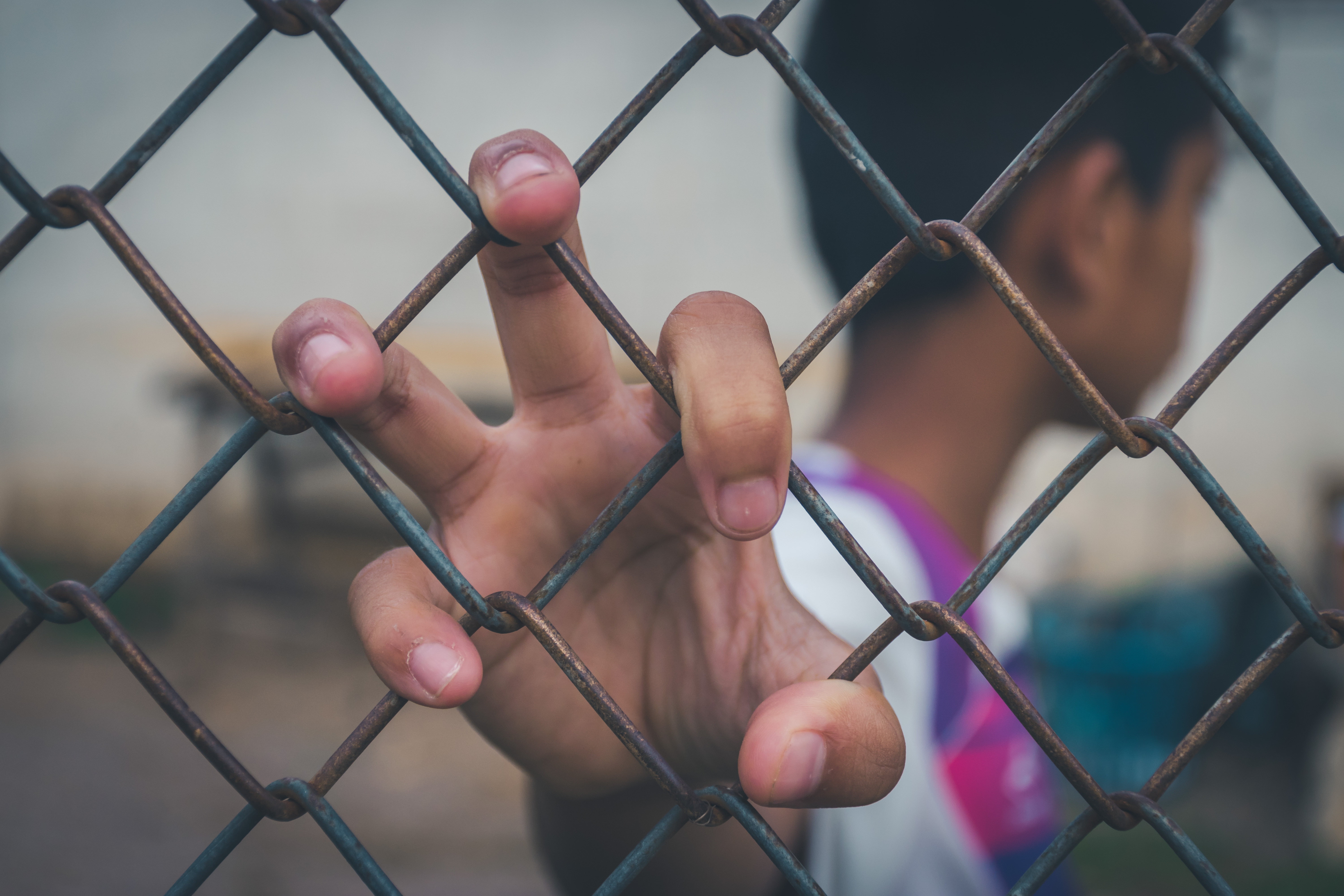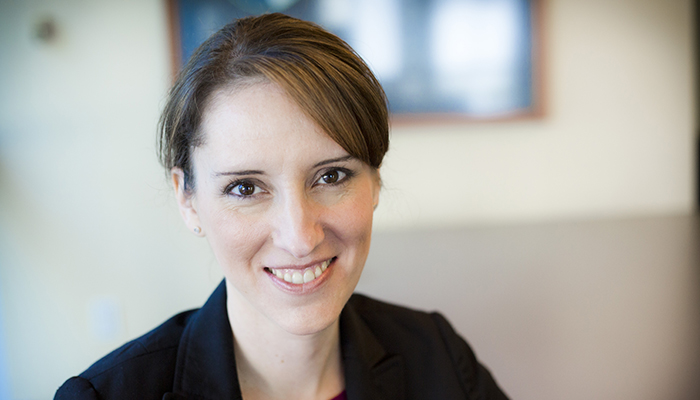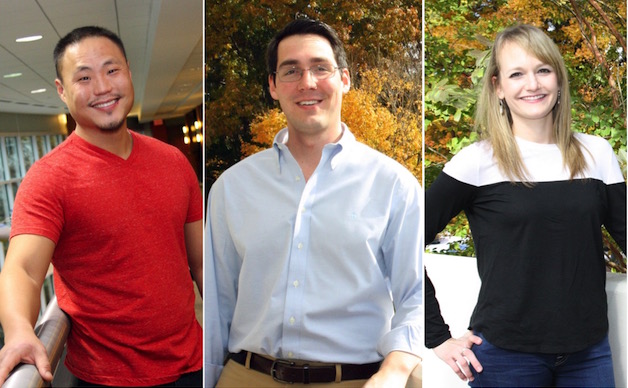
From foster care worker to future advocate: Zona Watson 25L
For Zona Watson, the decision to pursue a law degree at Emory University was deeply personal, rooted in years of frontline experience in child welfare. Watson reflects on her journey, her aspirations, and the impactful experiences that have shaped her legal ambitions.









